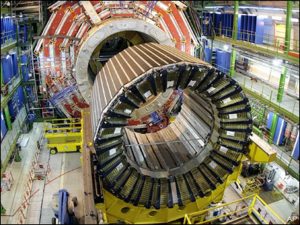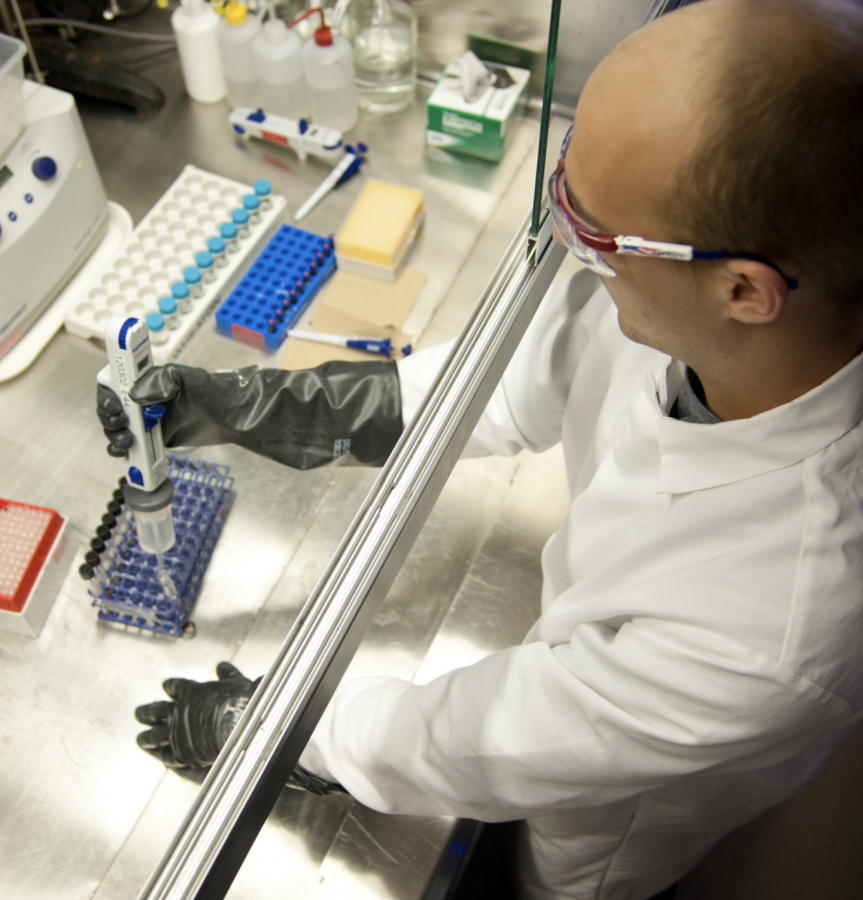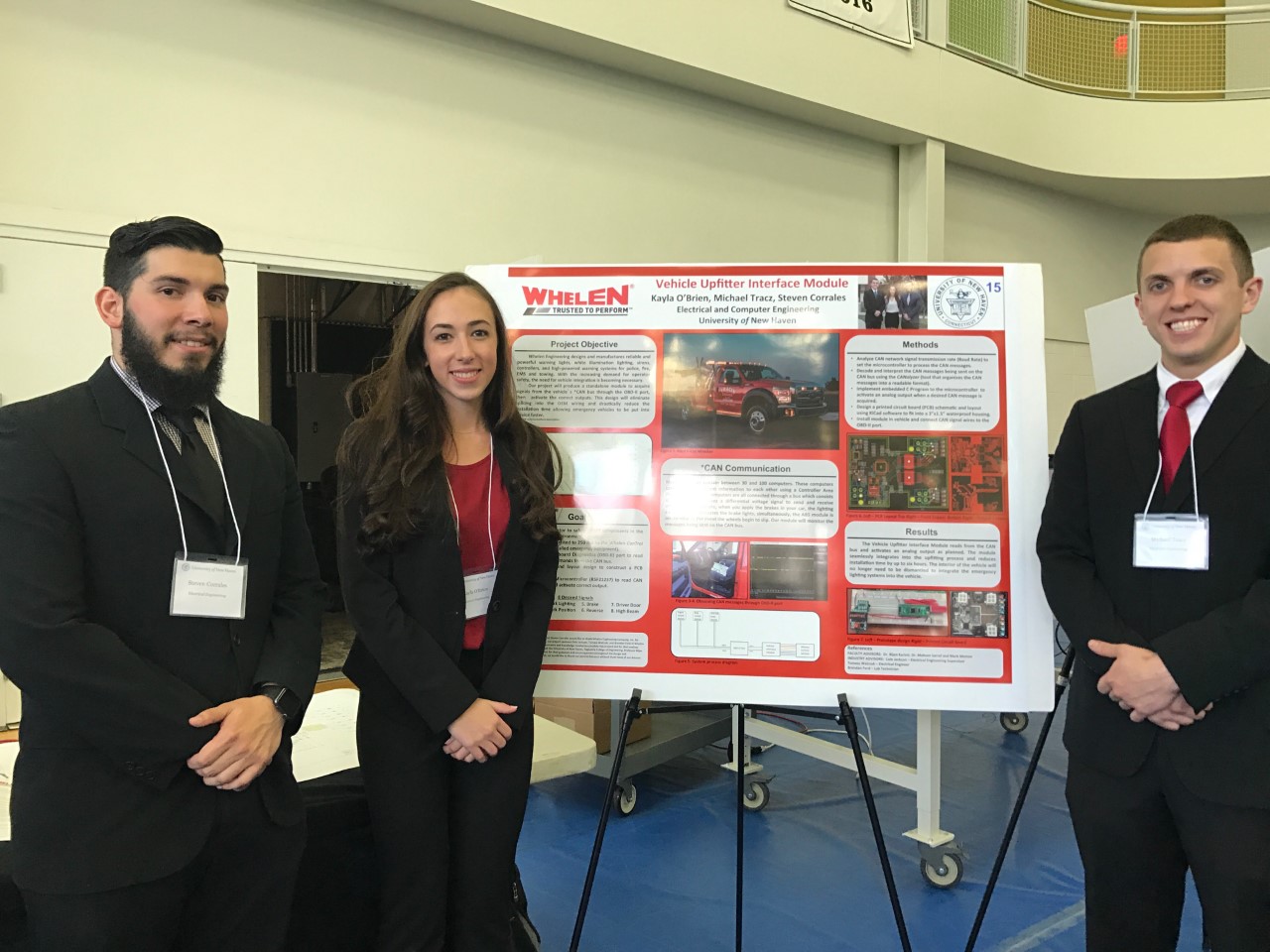Neutrinos do not travel faster than light, according to the first independent attempt to verify the results of an experiment from 2011

that found the subatomic particles breaking the speed limit of physics. The new evidence, which comes from an experiment called ICARUS and was published March 15 to the pre-print server arXiv.org, clocked neutrinos at roughly the speed of light and no faster.
ICARUS is located in Gran Sasso, Italy, the same location as the OPERA experiment that found the faster-than-light neutrinos. Both experiments detected pulses of neutrinos being sent from CERN 731 kilometers away.
The team at OPERA in September released controversial findings showing that neutrinos had arrived at their detector 60 nanoseconds earlier than the speed of light would allow. At the time, they were skeptical but could not find any flaws in their experiment despite six months of checking. They asked the wider community for help.
The first major doubts were cast over the OPERA results in February, when the team found two potential sources of error in their equipment. The first was a bad connection from a fiber-optic cable that sends signals from a synchronizing GPS system into the master clock. This error would tend to speed up the timing of the neutrinos, giving results that were too fast.
However, the second source of error involved an internal oscillator that was not properly calibrated and would tend to make the results of the experiment slower than expected.
ICARUS’s results are particularly compelling because, except for the detector itself, almost all of the equipment in the experiment are shared with OPERA. The two even shared the same beams of neutrinos; ICARUS is located in the same facility, mere meters away from its rival detector.
The OPERA team is still moving forward with plans to test its earlier results with more measurements of neutrino speeds this spring. ICARUS and two other experiments at Gran Sasso will also make additional measurements.
“Whatever the result, the OPERA experiment has behaved with perfect scientific integrity in opening their measurement to broad scrutiny and inviting independent measurements,” said CERN Research Director Sergio Bertolucci. “This is how science works.








